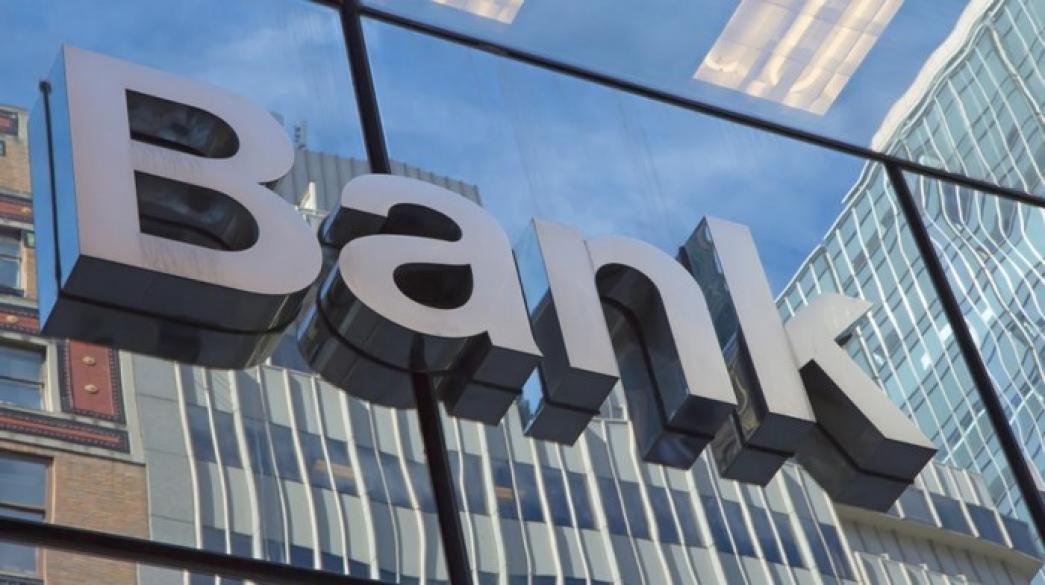Gains from the Greek state’s bond exchanges, amounting to 1.03 billion euros, will provide fuel for the acceleration of efforts to reduce non-performing loans, through the Hercules plan.
This is a significant capital injection for the banking system, at a difficult time time due to the pandemic, as the new funds will allow banks to proceed with additional securitizations and sales of non-performing loans by using the potential of the Hercules plan.
From these transactions, however, the Greek state has the greatest benefit, achieving a significant reduction in average borrowing costs and extending its repayment period, which is of particular significance for the country’s debt dynamics. Via the swaps, the Greek state is exchanging bonds held by lenders with longer dated government paper.
Bond exchange transactions that have taken place since 2020 between the state and systemic banks were designed and executed by the Public Debt Management Agency (PDMA) in the context of the country's improving debt profile.
A central point in PDMA’s plan is the extension of debt maturities over a long period of time and the normalization of repayments, ie to avoid time periods where large bond repayments are due. At the same time, transactions are designed to allow banks to book profits, taking advantage of the dramatic improvement in conditions for Greek bonds after the ECB's decision to include them in the purchasing program.
According to analysts, the PDMA’s plan includes, when the conditions are right, proceeding with the issuance of 10-year bonds.
Gains of more than 1 bln euros for banks
The bond swaps are a win-win situation for both parties (something that rarely happens) due to the different accounting methods used by the state and banks. Essentially both systems allow both parties to account for profits from the transaction.
It is noted that the banks, wanting to shield their balance sheets from fluctuations in bond prices (in previous years domestic bonds showed great volatility), had placed Greek government bonds in the "holding" category. Thus, the banks did not value them at current prices (neutralizing the market risk) but at the same time they could not liquidate them and had to keep them until maturity. As a result, banks were unable to account for the significant capital gains from the sharp drop in Greek bond interest rates.
With the above deals, banks have the opportunity to exchange bonds with new securities, allowing them to book profits that have arisen due to positive market conditions.
Thus, with yesterday's Piraeus Bank transaction, bonds maturing in about 7.5 years were exchanged with ones maturing in 30 years, in a move that also reduced general government debt by approximately 620 million euros. For its part, Piraeus recorded profit of 220 million euros, which will support efforts to implement non-performing loan securitizations.
It was preceded, at the beginning of 2020, by a similar transaction with National Bank (NBG) through which the lenders gained 489 million euros, the highest among all systemic banks. NBG exchanged bonds maturing in 2023, 2025 and 2026 for a 30-year bond (maturing on 20 March 2050).
Then came Alpha Bank on December 7 which exchanged bonds, with a nominal value of 1.67 billion euros with new securities, lasting 30 years (expiring on 20/03/2050), for a capital gain of 170 million euros.
Eurobank completed a swap on December 18, gaining 155 million euros from the transaction, as it handed over bonds with a nominal value of 1.2 billion euros, maturing from 7 to 21 years, with new securities lasting 30 years
These extraordinary profits help strengthen the capital base of banks, paving the way for the achievement of their main strategic goal for 2021-2022: the reduction of non-performing loan ratios to single digits, from about 35% today, without needing fresh capital. With the exception of Piraeus Bank, where the intention to implement a capital increase in 2021 has already been announced, banks do not intend to tap more capital but make use of funds that will be created internally (from profitability, bond profits, reduction of provisions, asset expansion).









